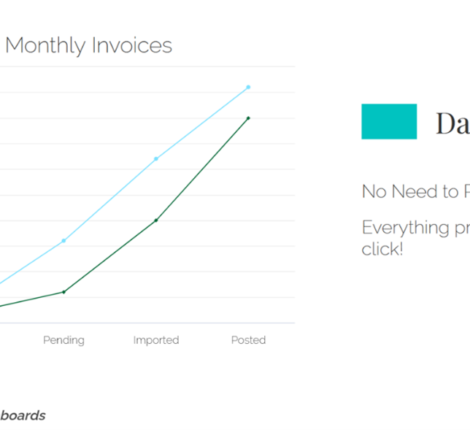Maximizing the ROI on your ERP system investment
Investing in an Enterprise Resource Planning (ERP) system is a significant decision for any organization. ERP systems streamline business processes, improve efficiency, and provide valuable insights into operations. However, to truly maximize the return on investment (ROI) from an ERP system, organizations need to adopt a strategic approach. In this article, we will explore various strategies and best practices to help you optimize your ERP system investment.
1. Aligning Business Goals with ERP Implementation:
Before implementing an ERP system, it is crucial to align your business goals with the capabilities of the software. Conduct a thorough analysis of your organization’s needs and identify areas where an ERP system can add value. Define clear objectives and key performance indicators (KPIs) that can be measured after implementation. By aligning your business goals with the ERP system, you can ensure that the investment delivers tangible results.
2. Customization vs. Configuration:
ERP systems offer a range of customization options to tailor the software to specific business requirements. While customization may seem appealing, it can significantly impact the ROI by increasing implementation time and costs. Instead, focus on configuration, which involves adapting the system to meet your needs using built-in features and modules. This approach reduces complexity, minimizes maintenance efforts, and allows for easier upgrades in the future.
3. User Training and Change Management:
One of the most critical factors in maximizing ROI is ensuring that employees are trained effectively on how to use the ERP system. Invest in comprehensive training programs that cover all aspects of the software relevant to each user’s role. Additionally, implement change management strategies to address any resistance or reluctance towards adopting the new system. By empowering employees with knowledge and support, you can enhance user adoption rates and improve overall ROI.
4. Data Quality and Integration:
An ERP system relies on accurate and up-to-date data to provide meaningful insights. Therefore, it is essential to ensure data quality and integrity throughout the organization. Establish data governance policies, implement data validation processes, and regularly audit the system to identify and rectify any inconsistencies. Furthermore, integrate the ERP system with other critical business applications to enable seamless data flow and eliminate manual data entry errors.
5. Continuous Improvement and Optimization:
ERP systems are not static; they require ongoing maintenance, updates, and optimization. Regularly review your business processes and identify areas for improvement. Leverage the reporting and analytics capabilities of the ERP system to gain insights into operational inefficiencies or bottlenecks. Use this information to refine workflows, automate repetitive tasks, and optimize resource allocation. By continuously improving your ERP system, you can drive greater ROI over time.
6. Leveraging Advanced Features:
Most ERP systems offer advanced features that go beyond basic functionality. Explore these features and determine how they can benefit your organization. For example, predictive analytics can help you forecast demand accurately, while machine learning algorithms can optimize inventory management. By leveraging these advanced features, you can unlock additional value from your ERP system investment.
Calculating the return on investment (ROI) for your enterprise resource planning (ERP) system can be a daunting task, but with the right approach, you can determine the financial impact of this investment and make informed decisions about your business. To calculate the ROI of your ERP system, you need to consider several factors, including the cost of the system, the cost savings from improved efficiency, and the increased revenue from better customer service. Reach us at DART Technology to unlock the power of seamless integration and streamline your business operations with cutting-edge ERP system.



